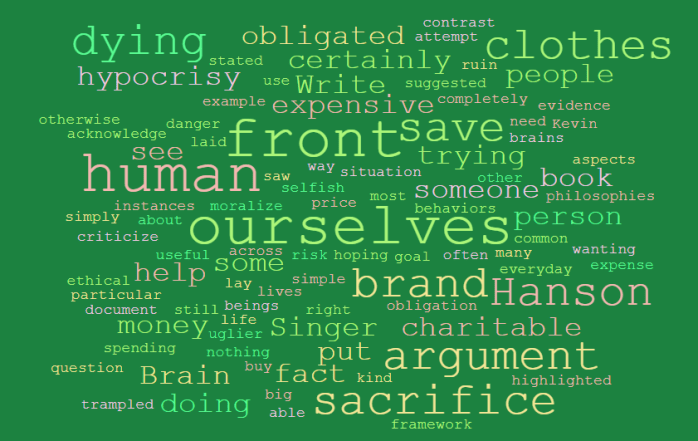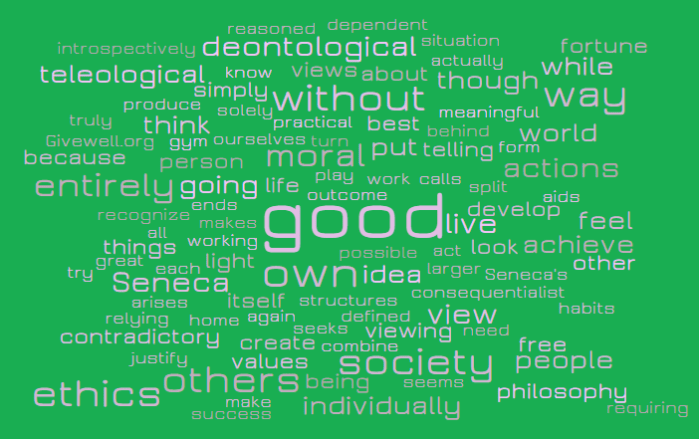Unless you are a health policy person, I’m guessing you have not heard of pharmacy benefit managers, or PBMs. The Commonwealth Fund describes a PBM as “a company that manages prescription drug benefits on behalf of health insurers, Medicare Part D, large employers and other payers … by negotiating with drug manufacturers and pharmacies to control drug spending.” I always thought that pharmacy prices were set directly by my insurance carrier, in contracts that they had worked out somewhere along the line. But it turns out it is more complicated than that, and if you are like me, you will probably understand that PBMs provide some value, but also feel as though they are another actor doing little but driving the cost of healthcare up. For me, it is probably a bit unreasonable, but I hate PBMs.
In his book The Opioid Crisis Wake-Up Call, Dave Chase explains how pharmacy benefit managers negotiate rebates with drug companies and insurance carriers for specific drugs. However, the rebates don’t actually get back to the patients. Usually the insurance carrier and PBM are the ones who benefit from the rebate, and specific medications are pushed toward patients so the PBM and insurer can get the rebate. PBMs operate way in the back, and don’t get the same scrutiny as health insurance companies. They are hidden and shielded from risk, which means they have little incentive to put patients first.
“PBMs are typically paid by the transaction or employee; it’s not their money, so its not their risk,” writes Chase. “They may strive to handle claims quickly and efficiently, but their defenses against fraud and abuse of prescription drugs are antiquated. The shared responsibilities of the employer or government agency and the PBM create situations in which neither can see the whole picture. Criminals exploit this weakness, leading to a flood of prescription opioids on the street. The American insurance system has allowed this distribution explosion to occur, doing little to nothing to halt its growth.“
The quote above highlights the misaligned incentives with PBMs, insurers, and governments or employers. PBMs that hide data, favor medications for unclear reasons, and don’t face a lot of direct risk have created lots of problems for the American healthcare system. I opened with a discussion of pricing problems brought on by PBMs, and Chase’s quote shows how they have also contributed to the abuse of prescription opioids. Chase’s book, with examples like the ones laid out in this post, paints a worrying picture of pharmacy benefit managers in the United States. It is partly the complexity they add in the system, and partly the shady behind the scenes deals they are a part of that make me dislike them so much. This type of confusing and apparently unethical role for PBMs is also part of the reason that a lot of people want a universal healthcare system that is able to negotiate drug prices and set specific limits on some costs. It might not save everyone a ton of money in the long run, but it might be more ethical and clarify some of the most confusing parts of the system.



